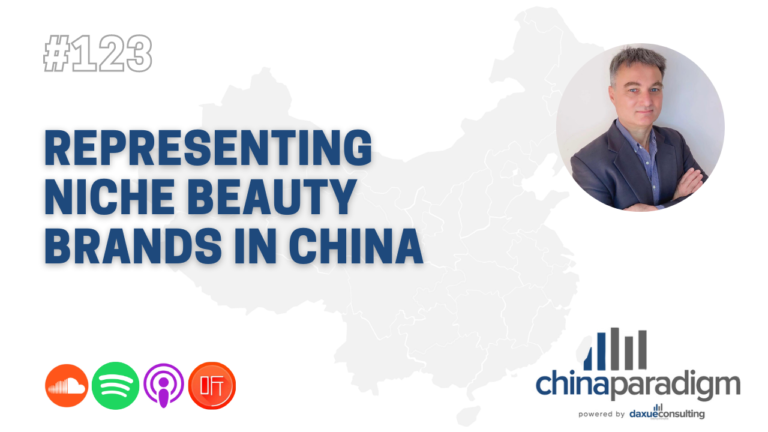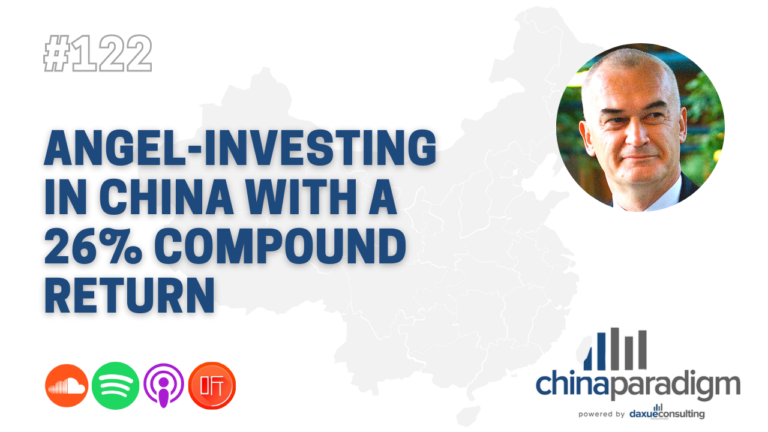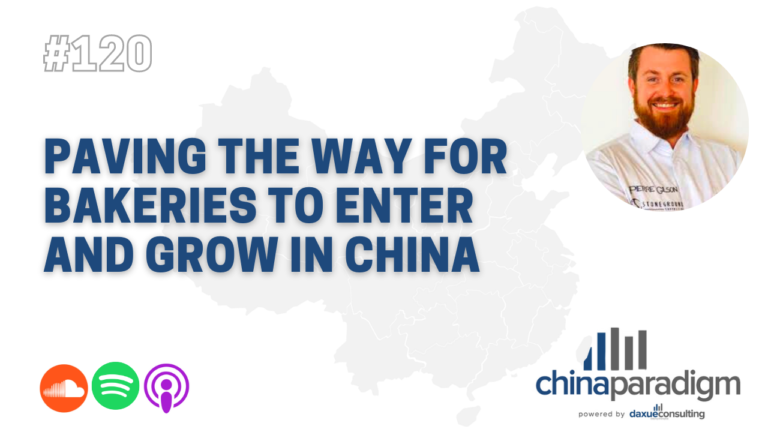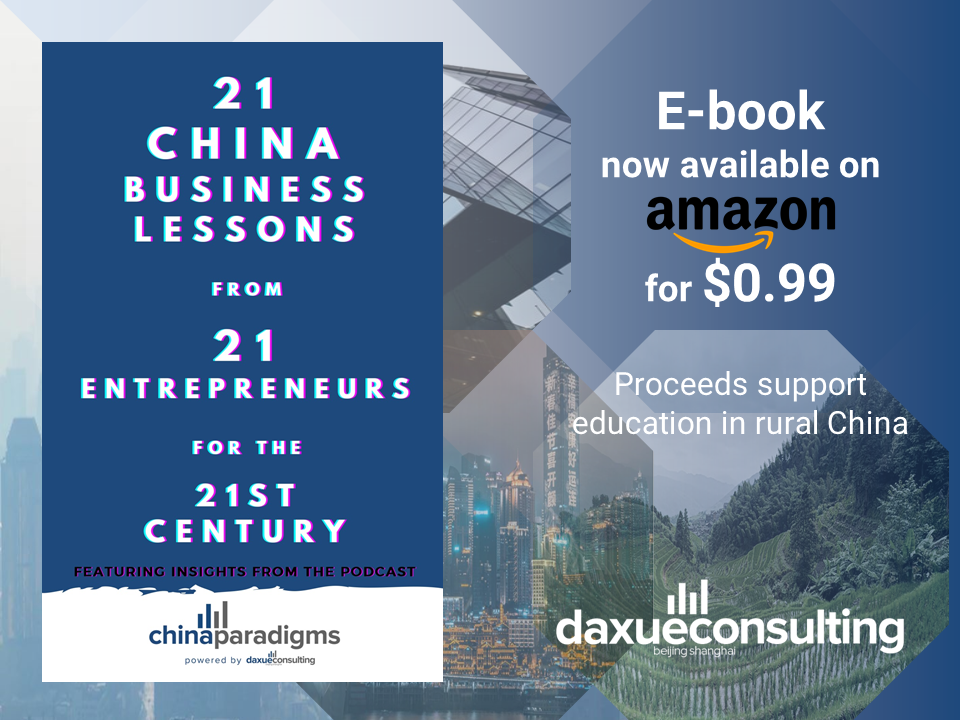Designing golf clothing for the Chinese market
China Paradigms interviewed Guillaume Sergent, founder, and CEO at Ailion Golf, to discuss the golf industry in China and how he designed golf clothing for the Chinese market.
The paradox of China’s golf market in 2020
While businessmen have adopted golf as a networking platform all around the world, the development of China’s golf market has encountered numerous barriers over the last decades and has still not reached significant numbers. Before 1984 and the first opening of a golf course in the country, the sport was under a ban by the Chinese government that considered the sport as too elitist. Now, with only 1.2 million players around the country, China’s industry still has a big room for development when compared to the nearly 25 million adepts in the U.S.
Moreover, with a large proportion of members coming from overseas and the Chinese Communist Party banning its members from joining golf clubs, – a measure that has yet been softening – the Chinese golf industry still has to face numerous barriers before being recognized as a real success in the country (learn more about the relationship between China’s government and the golf industry). It is in this particular context that Guillaume Sergent, founder, and CEO at Ailion is designing golf clothing for the Chinese market.

Marketing for luxury sports in China: the importance to build Guanxi
It is no secret; networking, also known as Guanxi, is key to develop a successful business in China (learn more about the Guanxi art) and this holds particularly true when it comes to marketing luxury sports in China. Guillaume Sergent explains that he was able to develop his brand and gain visibility by approaching people during golf events and by discussing with people he encountered on golf courses (learn about our branding strategy in China).
He also explains the importance of promoting oneself – a task that the French entrepreneur had to learn in China. According to him, in the beginning, promoting oneself can be as important as promoting the product itself. Nevertheless, new channels are playing an increasingly important role. Doing marketing for luxury sports in China also means using KOLs and social media like WeChat and Weibo to gain online visibility (find out more KOL marketing in China). Thus, promoting one’s products requires a deep understanding of the Chinese online world as well as a local strong networking ability. While this may sound like an insurmountable challenge for overseas businessmen, many entrepreneurs, through their passion and hard work, have been successful in the People’s Republic of China.
Apparel manufacturing in China: finding the right partner
With the textile production oscillating around 4 billion meters per month and a majority of it intended to be shipped overseas, China is the largest textile-exporting country. However, finding the right manufacturers can be challenging when one starts a business in China, and this holds especially true when one does not speak the local language (learn about the challenges faced by the textile industry in China). Guillaume Sergent explains that, back in France, he met with several manufacturers that were not willing to close contracts under thousands of pieces while the businessman only wanted to start with hundreds of pieces.
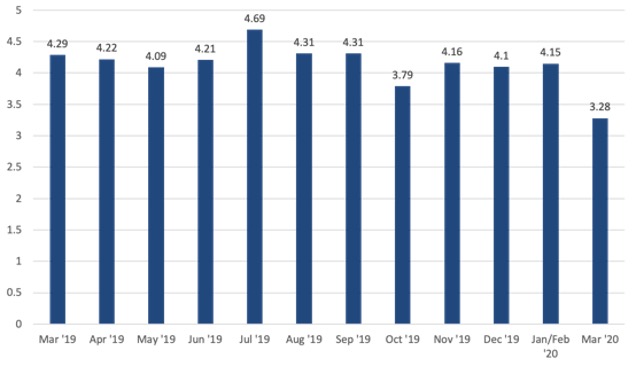
Guillaume Sergent explains that he was lucky enough to meet a woman who was managing a smaller manufacturing plant. He could thus start with a first prototype to refine his design and produce in greater quantity after. Sergent explains that designing golf clothing for the Chinese market cost minimum 5000 Euros for the first prototype. However, this sum can be deducted if you concretize your project and engage in the apparel manufacturing in China.
“You have to pay to put it up then they deduct the price when you get your order. The kind of money to make this kind of prototype; because you need to run around and buy fabric and also your time, but at least it is around 5 000 Euro, at least.”
Related reading: How to create a unique Beijing T-shirt brand and define your niche in China
Listen to this episode here:






